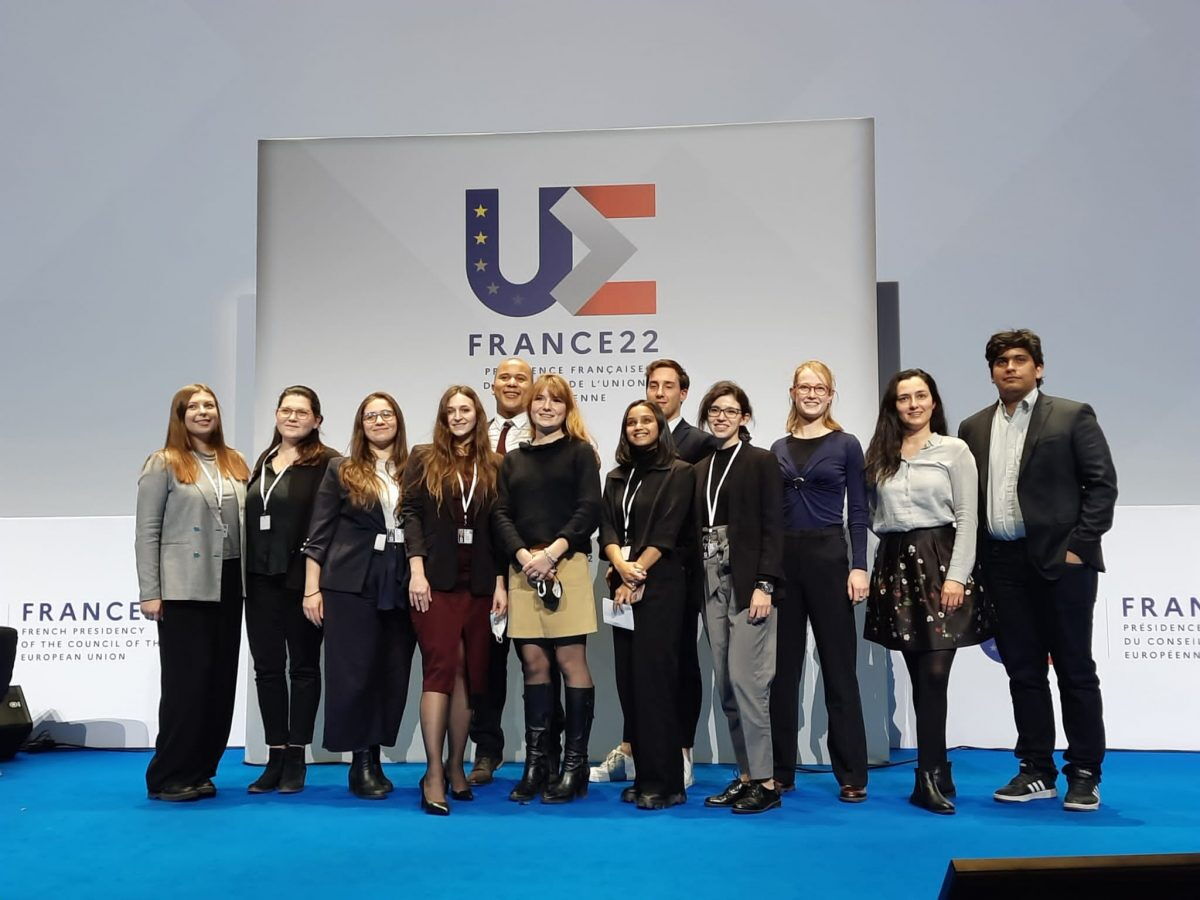European university cooperation as a central building block for the future of Europe

The year 2022 is off to an ambitious and future-oriented start. On January 1, France took over the EU Council Presidency under the motto “Relance, Puissance, Appartenance” (Boost, Strength, Belonging). In mid-February, the Commission will then launch its European higher education strategy. It is clear that the major challenges of our time – climate change, digitization and the global health crisis, to name just a few – can only be overcome collectively. Universities at the interface of education, research and innovation are making an important contribution in these areas on the way to a greener, more inclusive and more digital European Union. The Forum of the Universities for the Future of Europe, which took place on January 25 and 26, pursued an ambition agenda by discussing the role of universities in the Europe of the future and outlining ideas for the universities of tomorrow together with the current 41 European University Alliances as well as Eucor – The European Campus, the University of the Greater Region and other regional university associations.
Manuel Morgado, who is doing his PhD at the University of Strasbourg within the framework of the international PhD program QUSTEC “Quantum Science and Technologies at the European Campus”, as well as Franziska Schrön, student pursuing a Franco-German double Master’s degree in law, traveled to Paris for Eucor to accompany the forum on site as reporters. We had the opportunity to talk to both of them afterwards.
Ms. Schrön, Mr. Morgado, you along with thirteen other students and doctoral candidates from all over Europe traveled to Paris for the forum. What exactly was your task at the event?
Manuel Morgado: My mission was to serve as a student reporter of one of the parallel sessions of the forum focused on “Joint programs and degrees,” representing the Eucor alliance and the University of Strasbourg.
Were you able to exchange ideas with reporters from other higher education alliances during the forum?
Manuel Morgado: Yes indeed! One of the most exciting parts of the event was to interact with students from other universities and alliances that are currently working and following courses at different university levels e.g., undergrad, master and PhD, not only working in Natural Science (as it is my case) but also in different topics Human Science.
We had the chance to exchange and share our vision on the different topics of the forums, giving us a more open perspective, by considering the specific challenges of the countries, universities and even culture.
What do you think are the major European challenges with regard to the university of tomorrow?
Franziska Schrön: The university of tomorrow must be a sustainable university, which is open to dialogue and serves society best. Its mission is to educate individuals capable of responding to the challenges of our time, such as climate change, population movement, or rising nationalism. In my opinion, the latter represents the greatest threat to European cooperation.
Manuel Morgado: In my opinion, one of the main challenges for Europe is to boost the future universities by finding agreement that yields respect, tolerance, and common values and principles. Secondly, a balanced financial resources distribution and smooth bureaucracy could help in the mobility and cross-border programs that have shown many positive aspects. Finally, a standardization of the academic curricula is rather important in order to have a recognized and competitive degree that represents a clear professional profile along Europe and Why not? along the globe.
Has your participation in the Forum changed your view of the trinational Upper Rhine region?
Franziska Schrön: By participating in the forum and exchanging ideas with students from other alliances, I have become aware of the concrete strengths and advantages of our Upper Rhine region: Other alliances consist of a much larger number of partners, sometimes up to 12 universities. Thanks to the cultural and geographical proximity, on the other hand, we have the advantage of more mobility in a shorter time as well as a more “intensive” exchange in the Upper Rhine region. Because although Switzerland is not an EU member state, the social and higher education policy challenges within the network are similar.
In the future, I would like to get more involved in Eucor and also in EPICUR in order to contribute to increasing the student exchange and the visibility of the projects on a regional level.
For more information: